BAHIA GRASS HAY
Bahia grass hay, derived from the Paspalum notatum plant, is a warm-season perennial grass widely cultivated for forage production in regions with tropical and subtropical climates. It serves as an essential component of the diet for livestock and can also be fed to herbivorous pets like rabbits and guinea pigs. Here’s an in-depth exploration of Bahia grass hay:
*Characteristics:*
– *Plant Description:* Bahia grass (Paspalum notatum) is a robust, deep-rooted perennial grass with coarse-textured leaves and stems. It forms dense, spreading mats and produces seed heads with spikelets arranged in pairs along the stem.
– *Growth Habit:* Bahia grass is known for its vigorous growth and resilience to various environmental conditions, including drought, heat, and poor soil fertility. It thrives in sandy or clay soils and is often used for pasture and erosion control.
– *Hay Quality:* Bahia grass hay typically has a medium to coarse texture, with stems ranging from light green to golden brown depending on the stage of maturity at harvest. It is less leafy compared to some other grass hays but still provides valuable nutrition for animals.
*Nutritional Composition:*
– *Fiber Content:* Bahia grass hay is rich in dietary fiber, primarily cellulose and hemicellulose, which support healthy digestion and gut motility in herbivorous animals. The long fibers also promote natural chewing behavior, essential for dental health.
– *Protein Content:* While Bahia grass hay tends to have lower protein content compared to legume hays like alfalfa, it still provides a moderate amount of protein necessary for muscle maintenance and growth in livestock and pets.
– *Vitamins and Minerals:* Bahia grass hay contains essential vitamins and minerals such as vitamin A, vitamin D, calcium, and phosphorus, which are vital for overall health and well-being in animals.
*Benefits:*
– *Digestive Health:* The fiber-rich nature of Bahia grass hay supports optimal digestive function in herbivorous animals, helping to prevent issues like bloating and gastrointestinal stasis.
– *Dental Health:* Chewing on Bahia grass hay helps wear down animals’ continuously growing teeth, reducing the risk of dental problems such as malocclusion and overgrowth.
– *Forage Availability:* Bahia grass hay provides a consistent and readily available source of forage for livestock, particularly in regions with warm climates where other forage options may be limited during certain seasons.
– *Adaptability:* Bahia grass is well-suited to a range of soil types and environmental conditions, making it a versatile forage option for pasture management and erosion control in diverse agricultural settings.
*Harvesting and Processing:*
– Bahia grass hay is typically harvested in the summer months when the grass is in a vegetative state and before it becomes too mature and fibrous.
– After cutting, the grass is left to dry in the sun until it reaches the desired moisture content, usually around 10-15%.
– Once sufficiently dried, the hay is baled and stored in a dry, well-ventilated area to maintain its quality and nutritional value.
*Quality Considerations:*
– *Freshness:* Choose Bahia grass hay that has a fresh, grassy aroma and vibrant color, indicating its nutritional value and freshness. Avoid hay that appears dusty, moldy, or musty, as these can indicate poor quality and potential health risks for animals.
– *Texture:* Opt for Bahia grass hay with a medium to coarse texture and long, pliable stems, which are easier for animals to chew and digest.
– *Cleanliness:* Ensure the hay is free from debris, weeds, and pests that may pose a health hazard to animals.
In summary, Bahia grass hay is a valuable forage option for livestock and herbivorous pets, providing essential nutrients for overall health and well-being. Its resilience, adaptability, and nutritional benefits make it a staple feed in many agricultural operations, supporting digestive health, dental wear, and sustainable forage management practices. When selecting Bahia grass hay, prioritize freshness, texture, and cleanliness to ensure the highest quality for your animals.
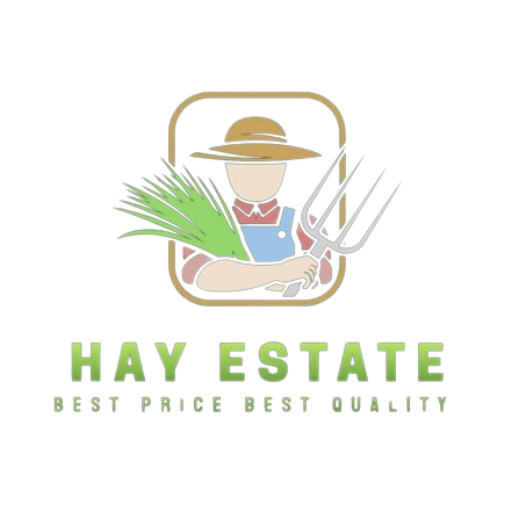
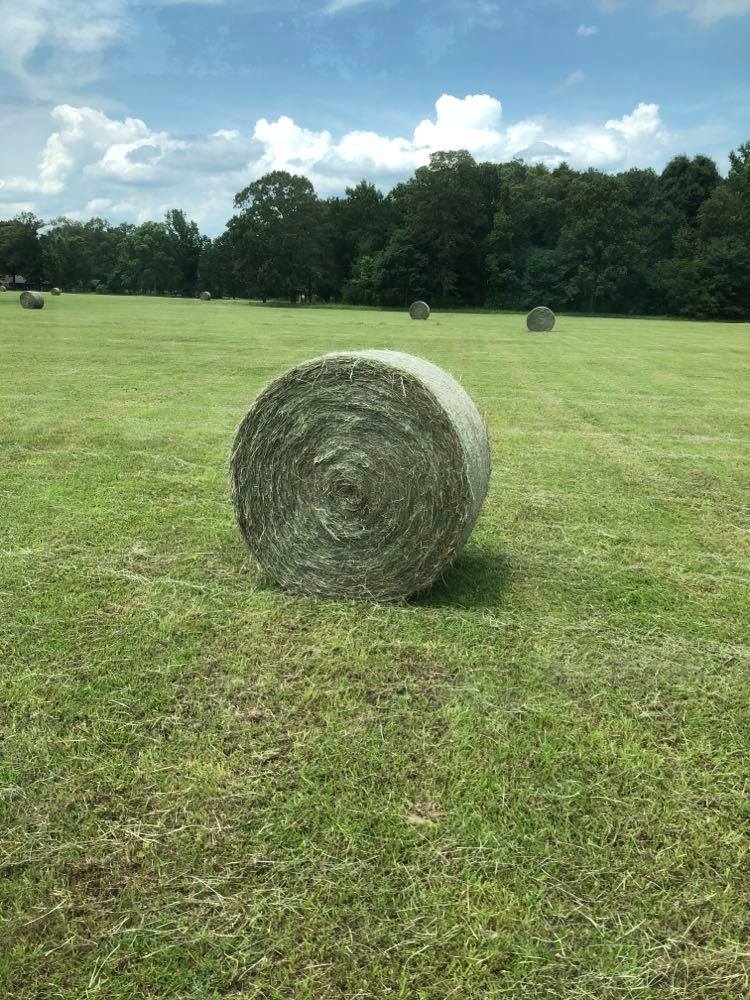
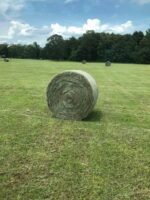
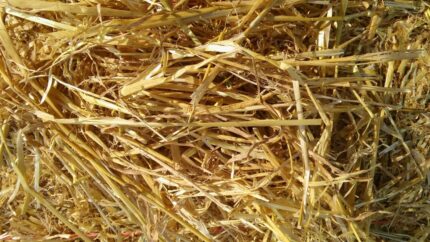
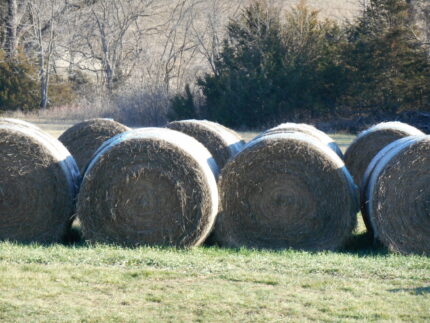


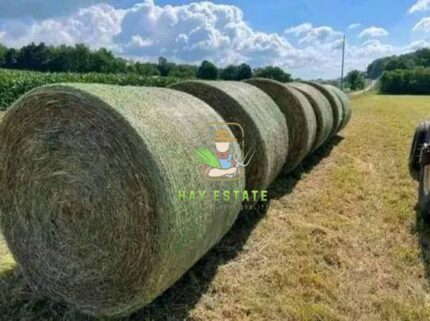
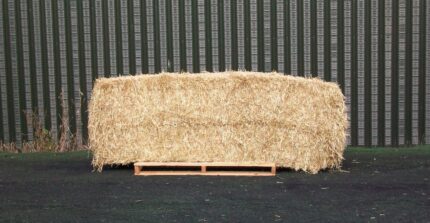
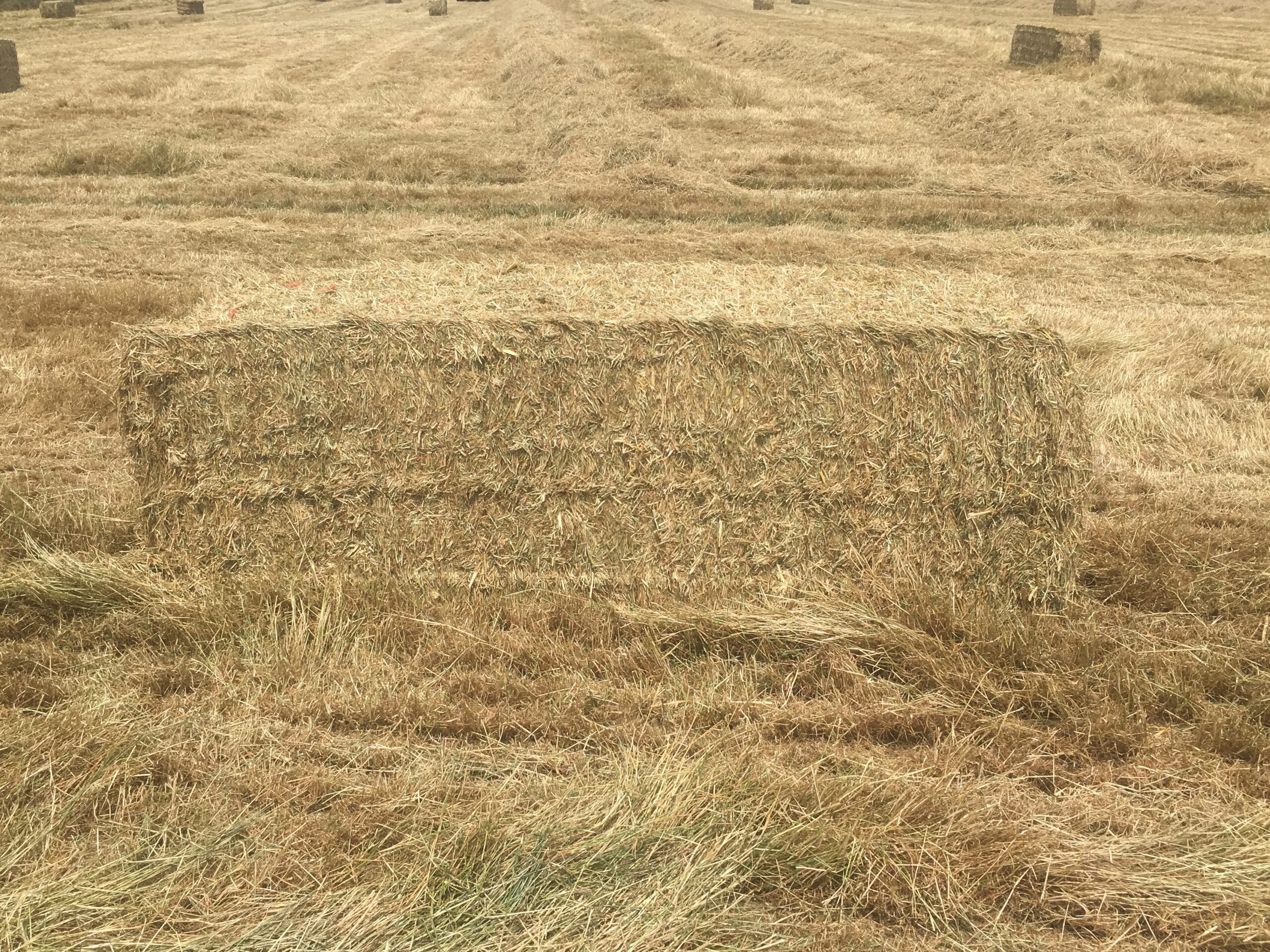
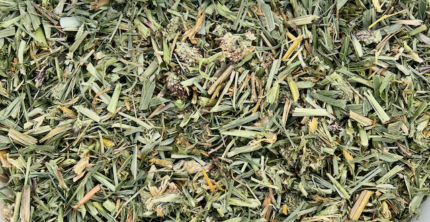
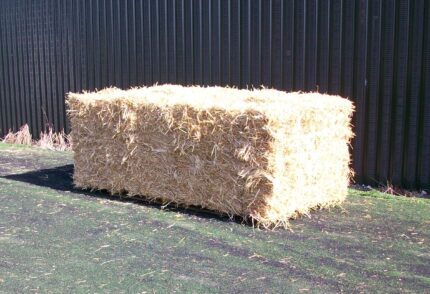
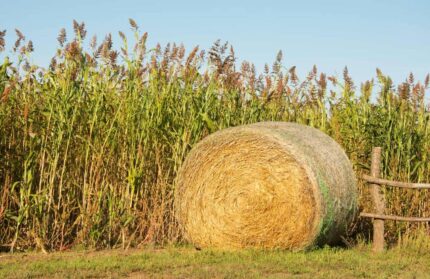
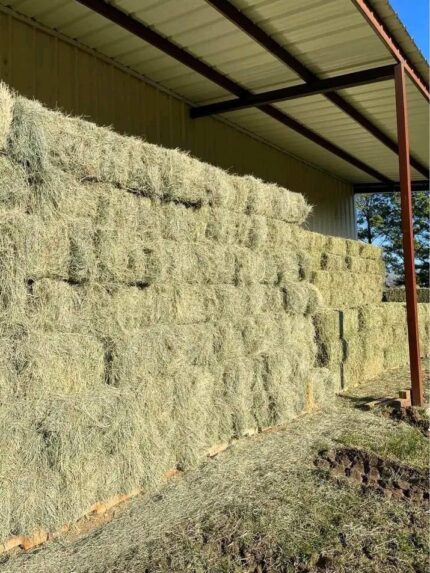
Reviews
There are no reviews yet.